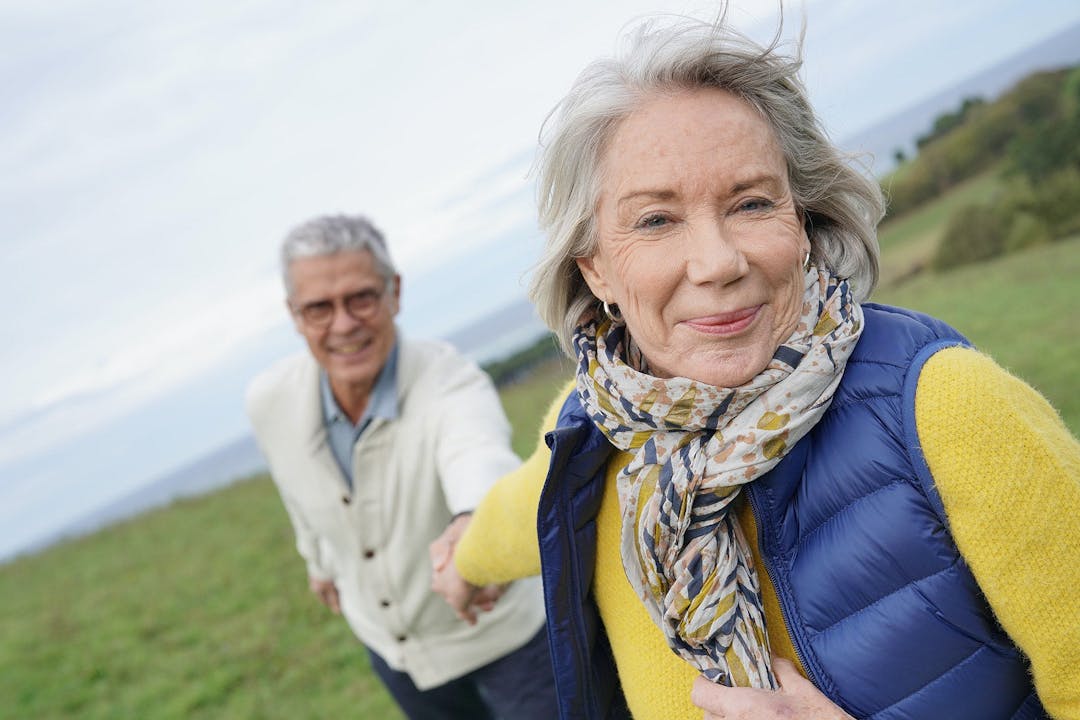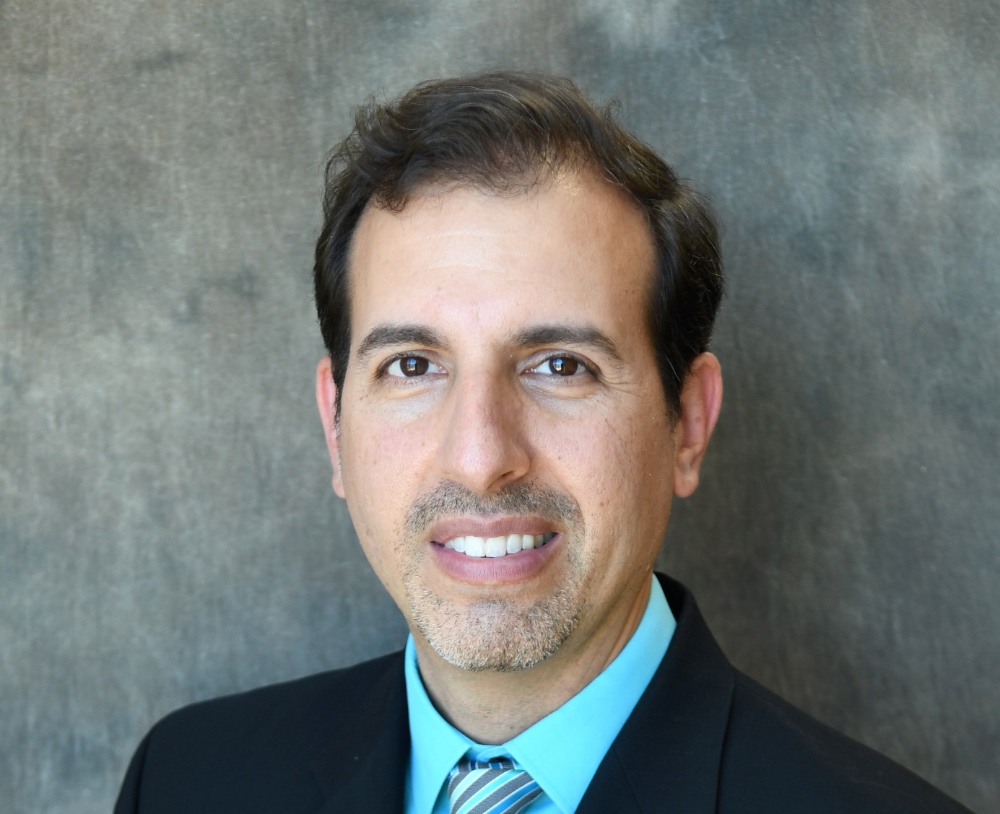
Show 1331: Staying Healthy During and After COVID
Description
In this week’s episode, we explore a range of practical approaches to staying healthy even in the midst of an epidemic or pandemic like COVID. Our guest offers evidence-based advice on what lifestyle changes can make a difference.
Practical Strategies for Staying Healthy:
Dr. Roger Seheult was already scouring the medical literature even before COVID-19. Once the pandemic hit, he focused on what recommendations he and his colleagues could offer patients so that they could stay as healthy as possible. These tactics grounded in science work against most viral infections, including the common cold as well as COVID. They should be easy and scalable.
Dr. Seheult uses the abbreviation NEWSTART to remind us of the basics: Nutrition, Exercise, Water, Sleep, Temperance (in the sense of moderation), Air, Rest (which goes beyond simply getting adequate sleep) and Trust in a higher being.
Light as Medicine:
Most of us are aware that we need vitamin D for a healthy immune response. And probably we know that we can make vitamin D if we expose our skin to sunshine. Dr. Seheult suggests that the benefits of getting outside for some natural light every day go far beyond vitamin D. We rarely think about near-infrared light, but these wave lengths have a profound impact on the mitochondria that power our cells. Among other things, regular light exposure helps keep our circadian rhythms in line. When these are working well, they can help guide our sleep and our eating patterns to promote our health.
Not everyone has access to daytime light exposure. What should shift workers do? Dr. Seheult suggests that completely changing the daily rhythm so that it is consistent, even on days off, is most likely to be successful.
Do you have trouble sleeping? A strong circadian rhythm will help the body learn when to produce melatonin, which is important for sleep and also for fighting off infection. Avoiding light at night and skipping screens with blue light near bedtime can help encourage appropriate melatonin production.
In addition, it makes sense to pay attention to using your bedroom only for sleeping. If you possibly can, avoid working or watching TV in the bedroom. What’s more, if you find yourself tossing and turning, get up and go to another room for a quiet activity until you feel drowsy. That way, your body won’t learn to associate the bedroom with fighting to try to sleep.
Circadian Rhythm and Intermittent Fasting:
Research shows that giving the body time every day when it is not actively involved in metabolizing food and can spend energy repairing tissues. Intermittent fasting gives it a chance. A pattern of going for 15 to 16 hours without eating anything can be helpful for the metabolism, especially if the hours for eating come earlier in the day. People following such a pattern are more likely to make the BDNF (brain-derived neurotrophic factor) and other factors that they need.
Water as Therapy:
Dr. Seheult notes that most traditional cultures use techniques to warm people up when they are sick. During the 1918 flu pandemic, doctors frequently prescribed hot-water soaks. The Nobel Prize recognized the value of heating up the body to fight off an infection in 1927. That was the year the Nobel Committee awarded the Prize to Dr. Julius Wagner-Jauregg, who treated patients with syphilis by inducing fevers. We now know that our bodies produce ten times more virus-fighting interferon when the temperature goes up to 39 C (102 degrees F). Soaking in a hot spring is much more feasible than spiking a fever! Sitting in a sauna is another popular option. Leaving the heat for a brief exposure to cold seems to increase its power.
Dietary Supplements That Make a Difference:
In his MedCram videos, Dr. Seheult reviews a range of dietary supplements and the science explaining why they are important for staying healthy. We asked him about his favorites, especially while facing the possibility of COVID infection. One that many people don’t know is NAC (n-acetylcysteine). Taking it can greatly reduce the severity of infection. Dr. Seheult likes 600 mg twice daily for six months, and then six months without.
Vitamin C is familiar and popular, but people prone to kidney stones need to be cautious about it. To determine the appropriate dose of vitamin D, you should check your blood level of 25-hydroxyvitamin D. Keeping it near 50 ng/mL should maximize its benefits for the immune system. Finally, two other supplements you may not have considered: zinc and quercetin. Zinc can inhibit viral replication, and quercetin is a zinc ionophore–a compound that helps zinc get into the cells where it can do its work.
This Week's Guest:
Dr. Seheult is an Associate Clinical Professor at the University of California, Riverside School of Medicine, and an Assistant Clinical Professor at the School of Medicine and Allied Health at Loma Linda University.
Dr. Seheult is quadruple board-certified in Internal Medicine, Pulmonary Diseases, Critical Care Medicine, and Sleep Medicine through the American Board of Internal Medicine. HIs current practice is in Beaumont, California where he is a critical care physician, pulmonologist, and sleep physician at Optum California.
He lectures routinely across the country at conferences and for medical, PA, and RT societies, is the director of a sleep lab, and is the Medical Director for the Crafton Hills College Respiratory Care Program.
MedCram
In 2012 he and Kyle Allred founded MedCram L.L.C., a medical education company with CME-accredited videos that are utilized by hospitals, medical schools, and hundreds of thousands of medical professionals from all over the world (and over 1 million YouTube Subscribers). His passion is "demystifying" medical concepts and offering people the tools for staying healthy.
Dr. Seheult was the recipient of the 2021 San Bernardino County Medical Society's William L. Cover MD Award for Outstanding Contribution to Medicine and the 2022 UnitedHealth Group's The Sages of Clinical Service Award. In 2022 both Roger Seheult and Kyle Allred received the HRH Prince Salmon bin Hamad Al Khalifa Medical Merit Medal from the Kingdom of Bahrain for their contribution to health policy in the Kingdom of Bahrain.
[caption id="attachment_125131" align="aligncenter" width="1000"] Roger Seheult, MD, MedCram, Loma Linda, UC-Riverside[/caption]
Roger Seheult, MD, MedCram, Loma Linda, UC-Riverside[/caption]
Confidence
Thank you for sharing your thoughts about one of our products! Please focus on the product performance and quality. Please read our Privacy Policy and Terms of Use for more information about the review process.
